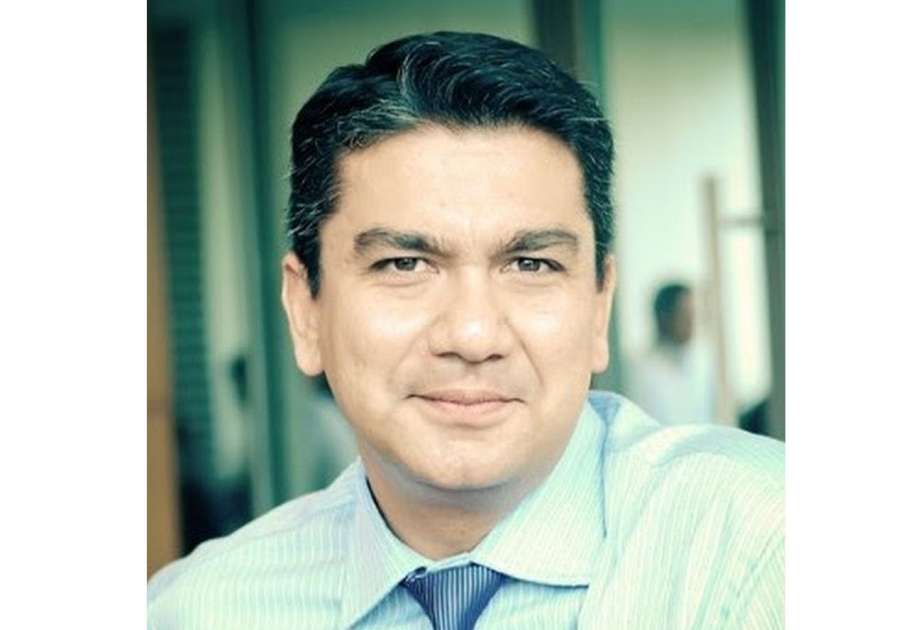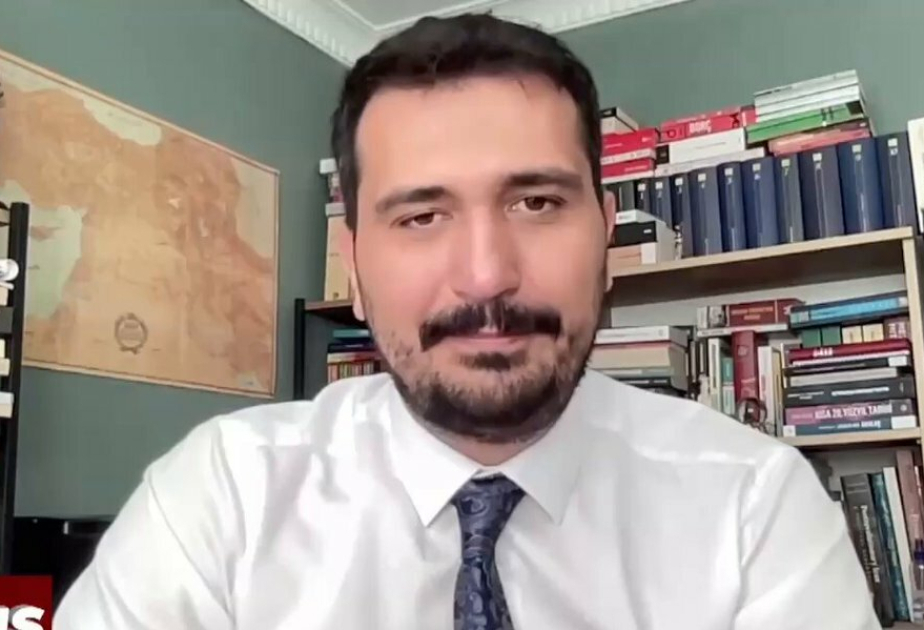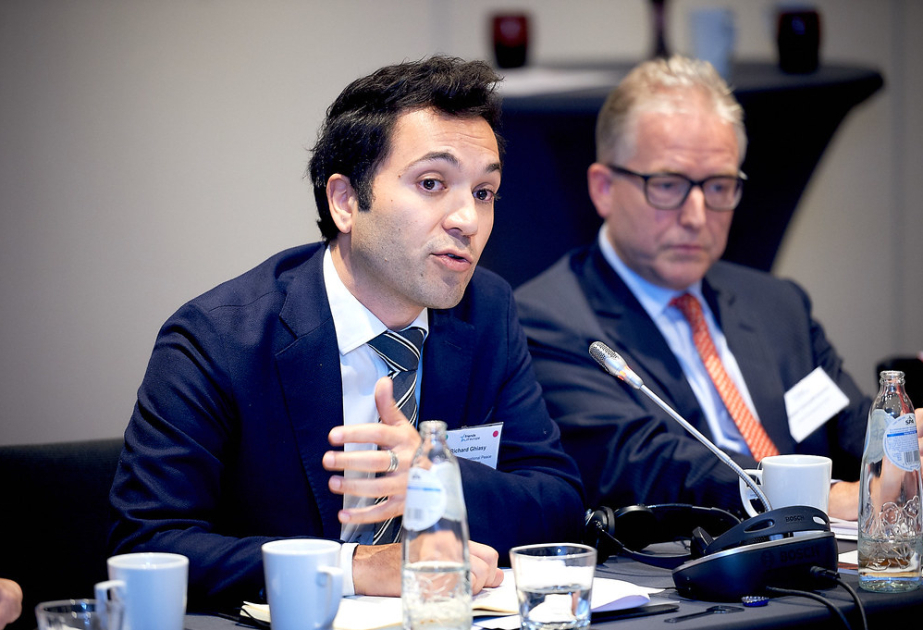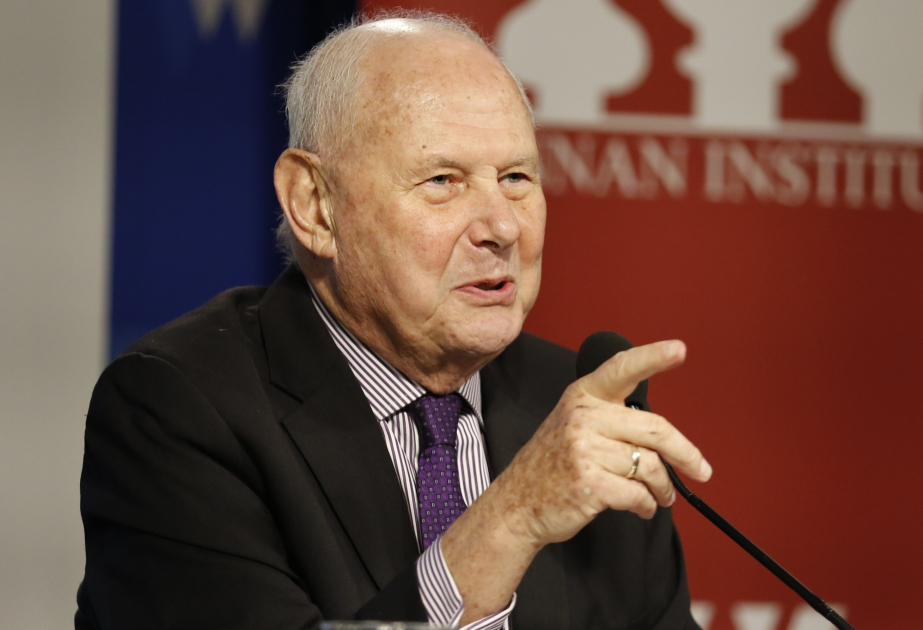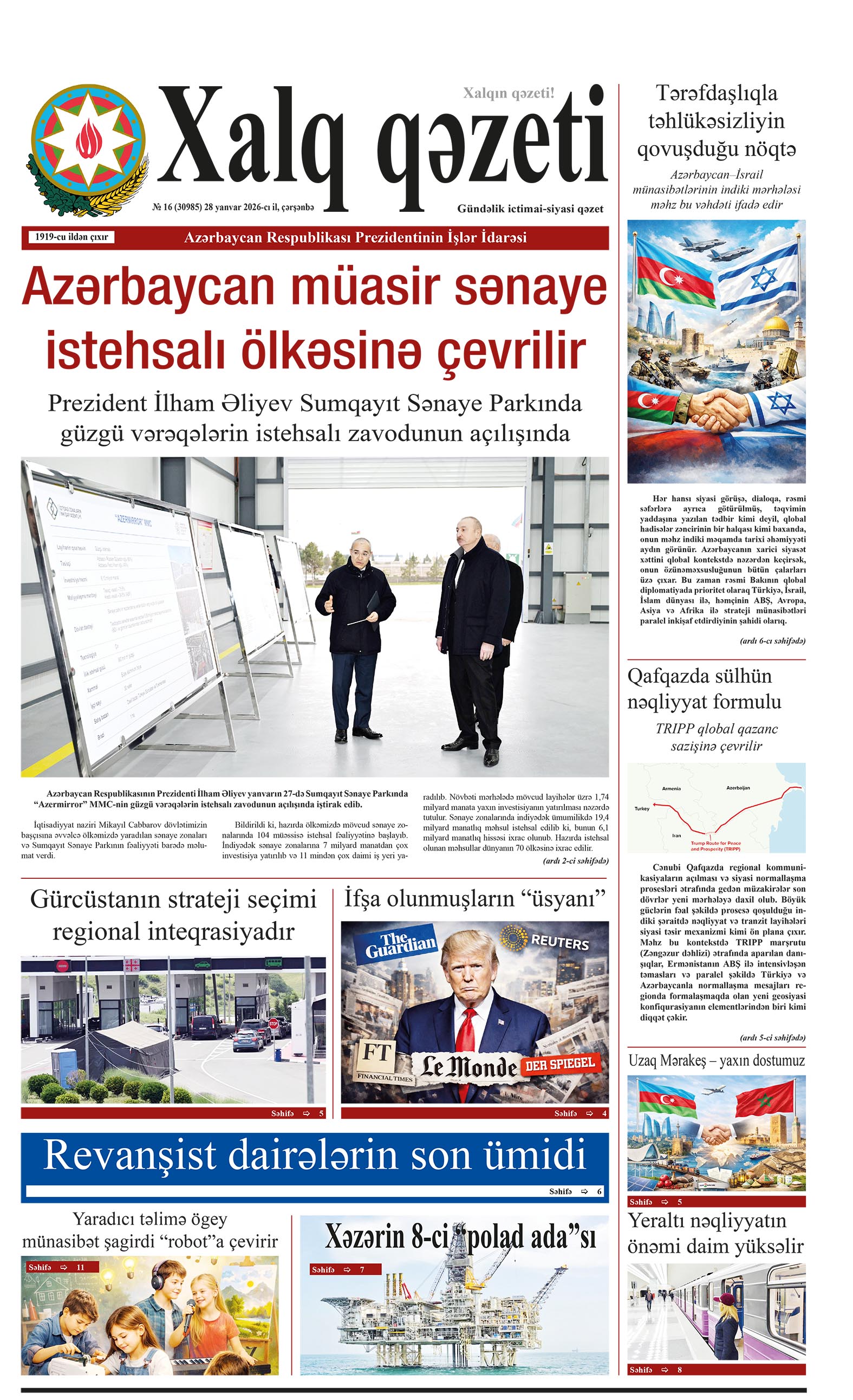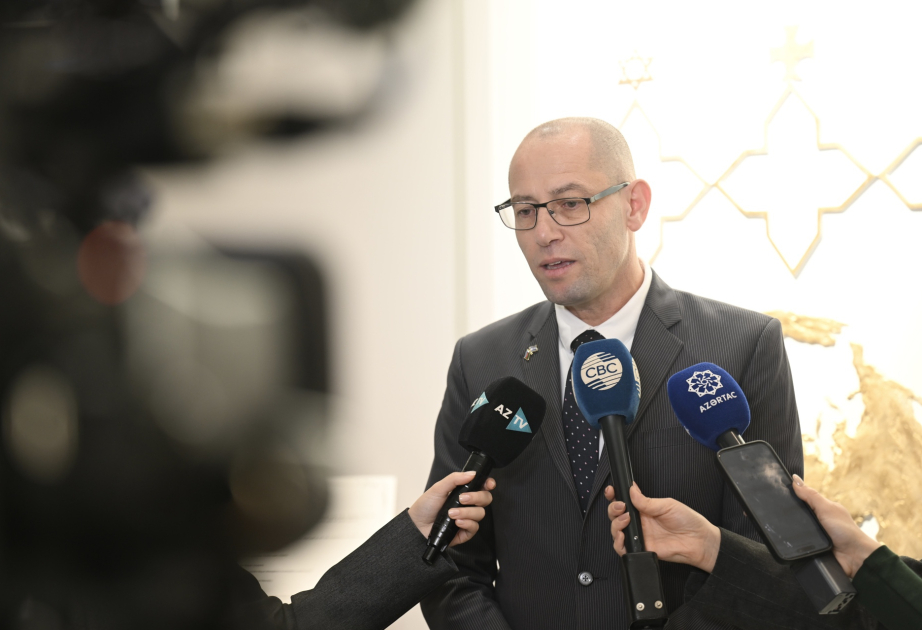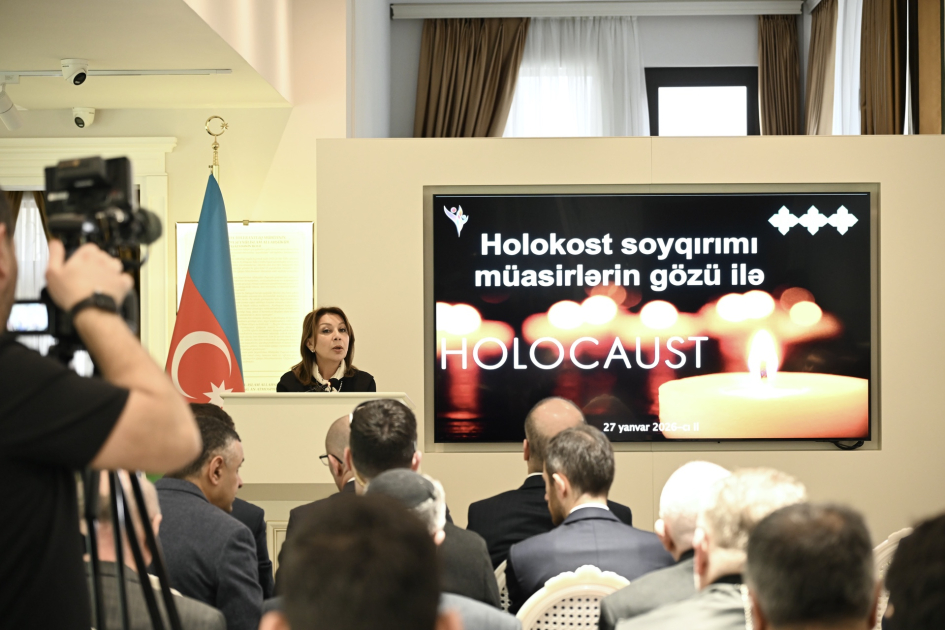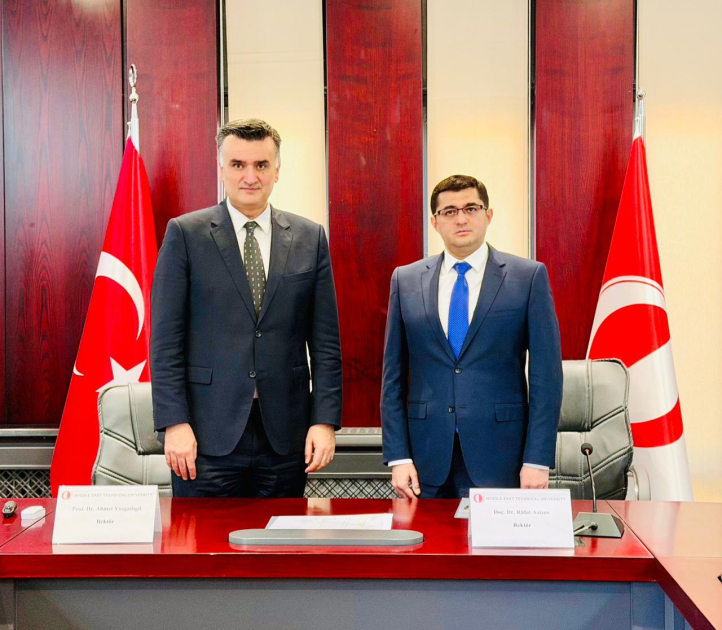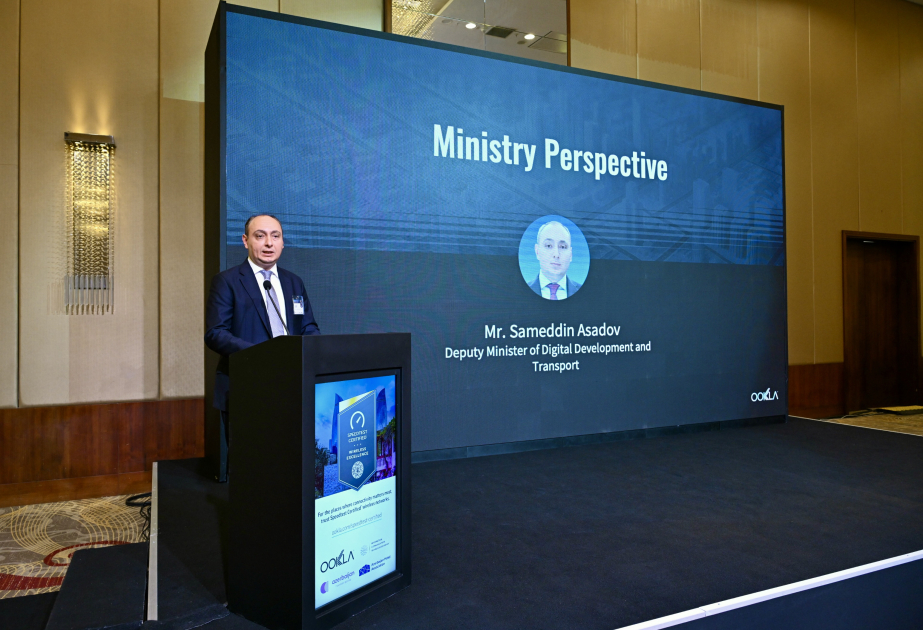AZERTAC`s exclusive interview with Affandi Yohan, ICT expert, analyst of the international agency Ookla, which is the world leader in the field of Internet connection quality research.
-What do you think are the main reasons for the rise or fall of mobile internet speed ratings in Azerbaijan?
-Azerbaijan has seen a steady increase in median download speeds, rising from 34.82 Mbps in Q4 2022 to 55.62 Mbps in Q3 2024, according to Speedtest Intelligence data. This growth is driven by continuous investments in expanding 3G and 4G networks and improving coverage. The introduction of 5G pilot services in select areas has also contributed to this progress and is expected to sustain momentum as the technology is scaled further.
-What factors do you think affect mobile network congestion in Azerbaijan?
-There are a range of factors we tend to see in rapidly developing mobile markets that can contribute to network congestion. Chief among them is the increasing number of subscribers engaging in data-intensive activities, such as high-definition video streaming and mobile gaming, which puts continuous pressure on network capacity. In urban centers like Baku, population density and concentration of connected devices further amplify these challenges, often straining available resources. On the supply side, mobile providers must carefully plan out capacity upgrades, including adding additional cell sites, laying more fiber in backhaul networks, and upgrading core network capacity. However, this is also set against a backdrop of 5G's arrival in the market, which the country's mobile providers are clearly targeting investment towards, and which over time will provide a significant boost to mobile network capacity and performance.
-How do you assess the role of competition in the internet services market in Azerbaijan and its impact on connection quality?
-Competition plays a crucial role in improving internet services quality and accessibility. When multiple operators strive to differentiate themselves, they tend to invest more aggressively in network upgrades, expand coverage, and focus on delivering faster and more reliable connectivity in order to attract customers. The right competitive environment can encourage a healthy balance between prices and network investment, helping promote continuous innovation and improvement in network performance, ultimately benefiting end-users.
-How do you assess the role of investments in digital infrastructure in ensuring the growth of internet quality in Azerbaijan?
-Ongoing investments in digital infrastructure—including the expansion of fiber optic networks, the deployment of advanced mobile technologies, and the enhancement of international bandwidth—are critical to boosting overall internet quality. Such efforts improve speeds, stability, and latency, ultimately benefiting businesses, consumers, and the broader digital ecosystem.
Azerbaijan's commitment to bridging the digital divide is evident in government-backed initiatives that promote widespread connectivity. For example, the "Digital Silk Initiatives" leverage the country's strategic location to position it as a digital transit corridor between Europe and Asia, fostering regional data exchange and innovation. Meanwhile, the "Online Azerbaijan" project, led by the Ministry of Digital Development and Transport, focuses on delivering high-speed internet to remote areas, ensuring equitable access and supporting the nation's broader digital transformation.
-What are the prospects for 5G development in Azerbaijan, and can this affect the improvement of mobile internet?
-The outlook for 5G in Azerbaijan is promising. Recent pilot zones in Baku have demonstrated the potential for much faster internet speeds and lower latency. Once full scale commercial deployments begin, 5G will significantly enhance mobile internet performance and unlock new digital services, positioning Azerbaijan competitively with regional peers.
-What initiatives do you think should be a priority to further improve the digital economy in Azerbaijan?
-To strengthen the digital economy, Azerbaijan should prioritize accelerating fiber-to-the-home (FTTH) deployment, ensuring sufficient and efficient spectrum management, and fostering a regulatory environment that encourages innovation.
-How do you assess the current growth and modernization rates of internet services in Azerbaijan compared to neighboring countries?
-Azerbaijan's internet services have shown notable improvement, particularly in terms of mobile broadband speeds and overall infrastructure investment. Over the past two years, mobile median download speeds have increased significantly, from 34.82 Mbps in Q4 2022 to 55.62 Mbps in Q3 2024. This is ahead of neighboring Georgia (37.75 Mbps) and Armenia (32.83 Mbps) during the same period. These improvements reflect steady investments in infrastructure and efforts to enhance connectivity across the country.


